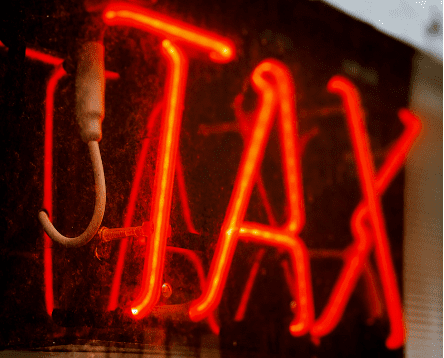According to research commissioned by Lindum Packaging, one in five UK companies using plastic packaging have seen their costs increase by more than 75% as a result of the UK plastic packaging tax. The tax, which went into effect April 1, imposes a £200 ($247) per metric ton tax on companies that import more than 10 metric tons of plastic packaging per year containing less than 30 percent recycled material. Any quantity less than 10 metric tons will be exempt from the tax. It is estimated that this tax will affect over 20,000 businesses in the UK.
However, according to a YouGov poll, 77 percent of retail businesses were not even aware of the tax at the time of implementation, despite years of deliberation and transition time before the legislation took effect.
With the implementation of the tax, Lindum found that of the 70 percent of companies that saw an increase in costs, their expenses increased by 24 percent. In addition, 20 percent of companies saw their costs increase by more than 75 percent.

While Lindum found that 90 percent of businesses are now aware of the tax, only 10 percent say they understand the legislation and its impact
Unfair dues?
The tax is designed to recycle the UK's plastics economy by incentivizing companies to use more recycled plastic and discouraging them from using virgin plastic. Given the dramatic increase in the cost of recycled plastics, which in some cases has more than doubled in the past year, many companies are unable to avoid taxes. This situation has led many to resort to reduction and redesign. Lindum's research shows that most companies are working to reduce the level of plastic packaging they use by switching from plastic to plastic or replacing it with recyclable materials. The survey results show that several companies have taken all three measures.
The study also shows that increased costs may affect the supply chain, with half of the companies surveyed confirming that they plan to pass on increased costs to their customers. Lindum said these findings confirm that the short-term impact of the tax will have a serious impact on supply chain costs.
While these results are not surprising to many, and in some ways welcome, industry sources warn that the law is penalizing businesses that cannot meet tax requirements.
It is worth noting that food service packaging manufacturers often use plastics that are contaminated by food and cannot be recycled. The British Food and Drink Federation said prior to the introduction of the levy that many of its members would still be penalized despite supporting the goals of the legislation.
Reinvestment of funds
Another major point of contention is how the government will use the money raised through the plastic tax.
Some industry commentators argue that with so many companies seeing such large cost increases, which will funnel the supply chain to consumers, the funds collected should be used to improve the recycling infrastructure.

